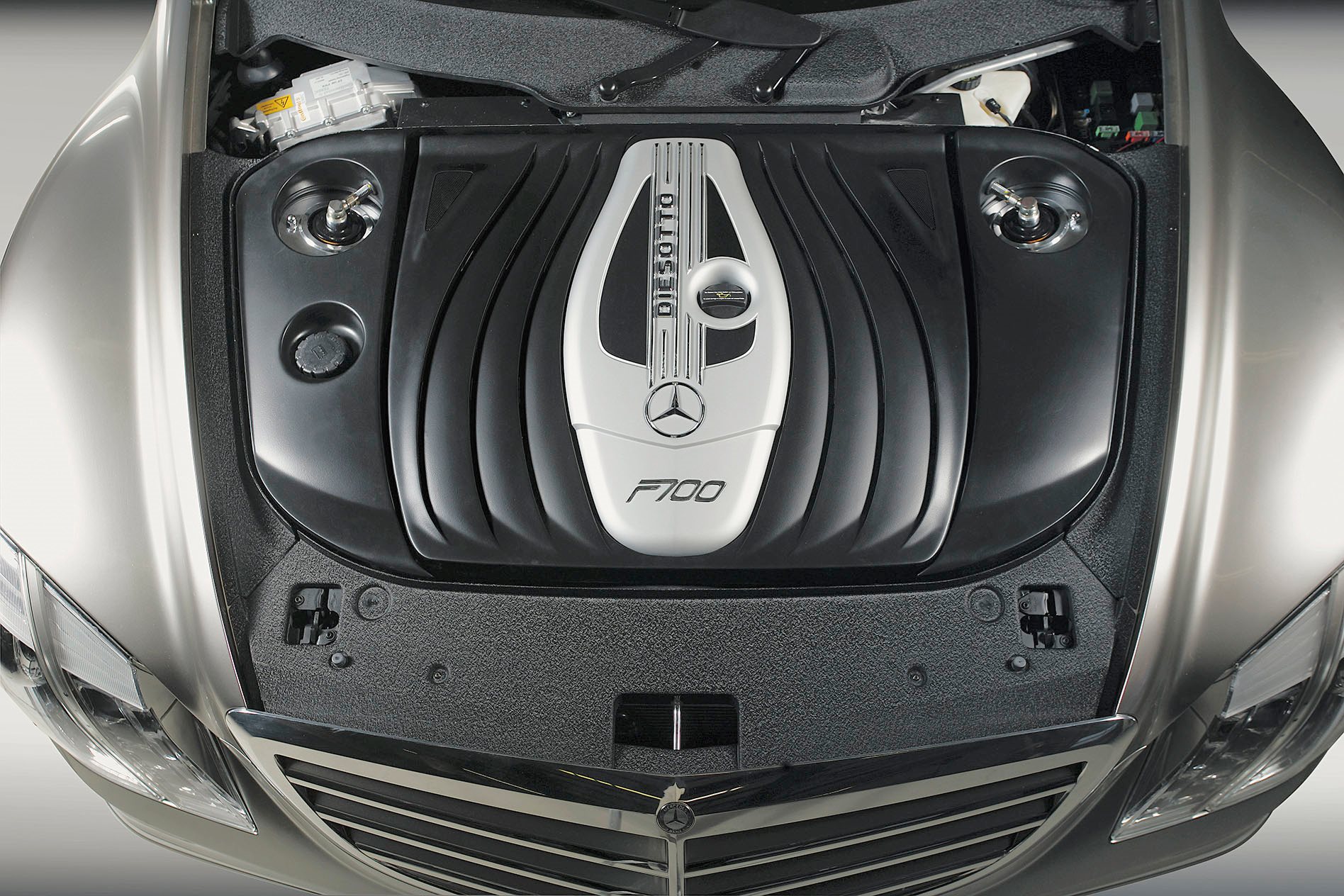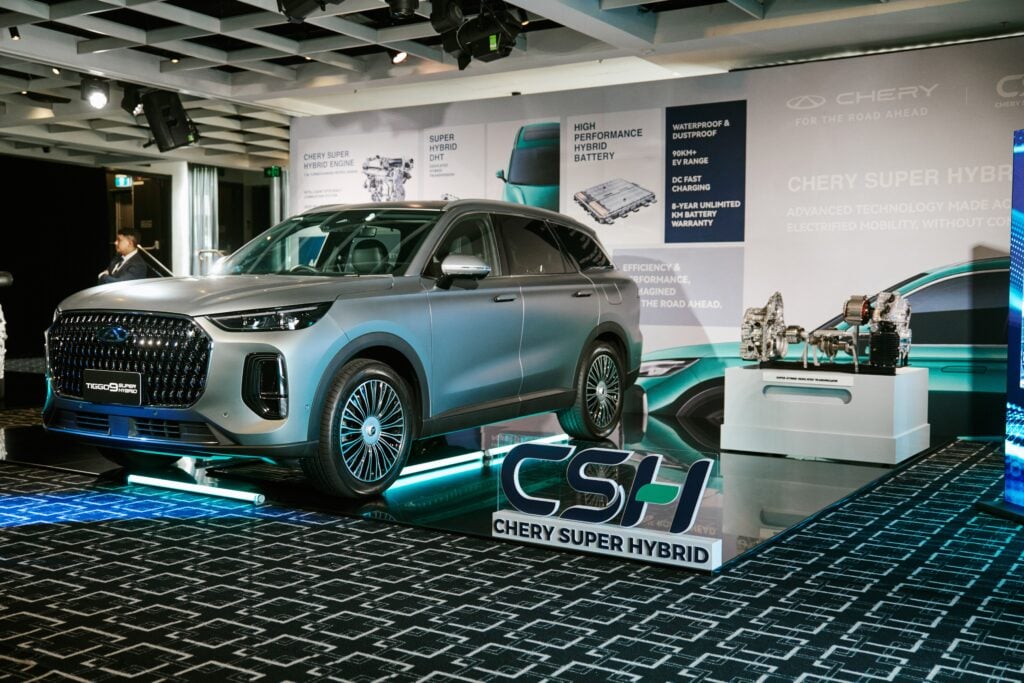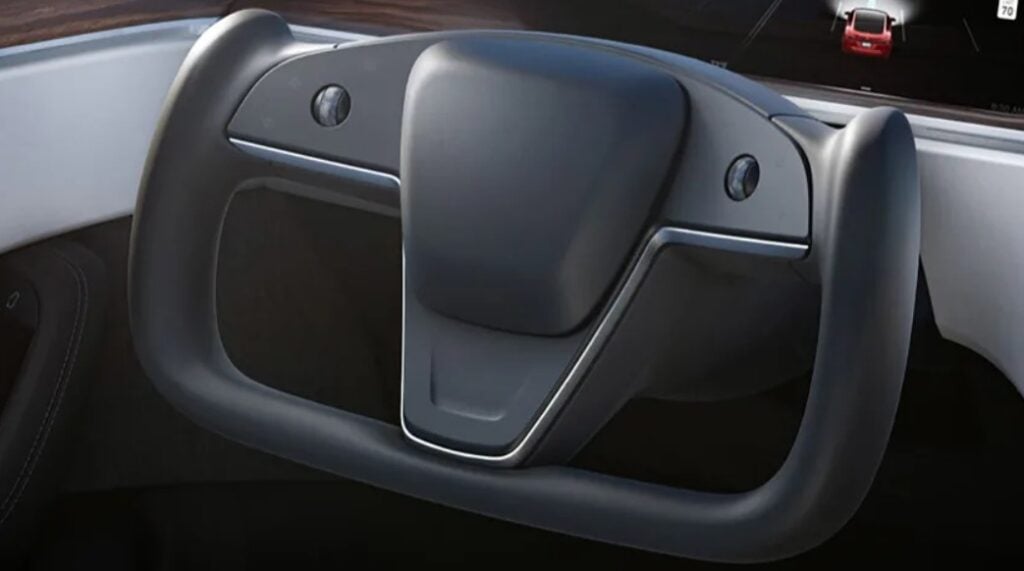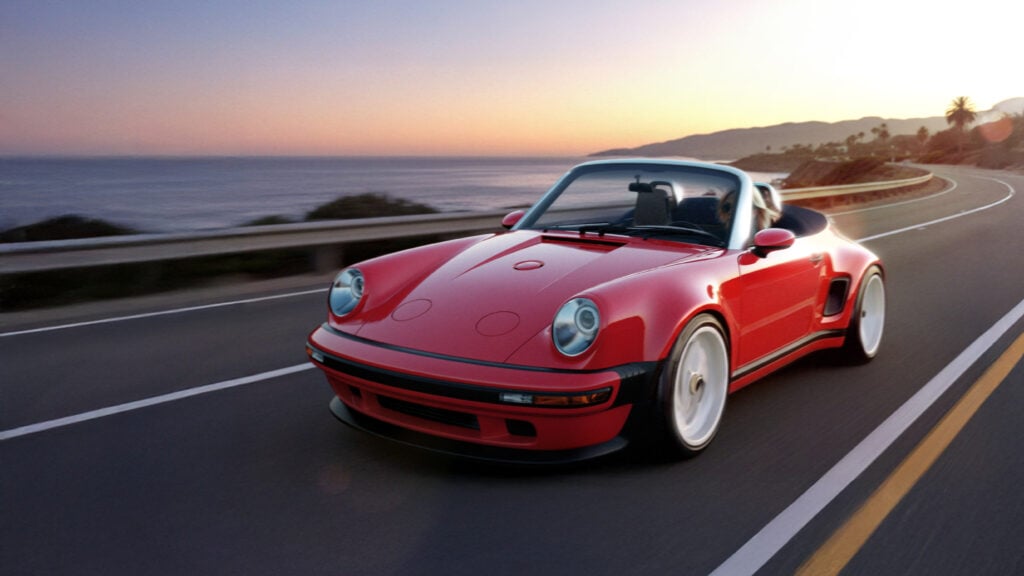MERCEDES-Benz has confirmed it will start to fit its cars with revolutionary DiesOtto engines that provide diesel-like economy from petrol-fuelled systems.
The Mercedes-Benz S500 Plug-in Hybrid, potentially on sale in Australia late next year, marks the start of a sustained period of hybridisation from the efficiency-seeking car maker, which plans to launch 10 more hybrid models between now and 2017.
However, the company plans to follow up on its hybrid technology with a great leap forward with internal combustion engines.
DiesOtto technology will improve petrol engine efficiency around 30 percent, to diesel levels, “some years from now,” promises Dr Thomas Weber, Daimler’s research and development chief.
Weber says the planned Mercedes-Benz four-cylinder DiesOtto engine will deliver six-cylinder power.
But it’s a tough technical challenge. DiesOtto is Mercedes-Benz’s preferred term for what other companies label HCCI (for homogenous charge compression ignition, if you need to know).
Whatever the technology is called, it means burning petrol in a combustion chamber that can squeeze to the same very high compression ratios that make diesel combustion inherently more efficient. To do it, Weber says Mercedes-Benz is working on a variable compression concept.
“It’s a major step,” he says. “The crankcase is different, so we have to change a lot. It’s not a facelift of an engine; it’s only possible with a new engine.
“What we are talking about is an engine with the in-line four displacement and a power output comparable to a six-cylinder. So this is really a highly efficient, powerful engine.”
It’s the kind of engine that naturally belongs in high-end models, Weber believes. As with hybrids, it may be a challenge for Mercedes-Benz to convince the market that DiesOtto is a premium technology.
“We have to convince our customers that high-tech in the future is no longer linked only to displacement and to the number of cylinders,” he says. “The real high-tech in the future is the smaller one.”
The DiesOtto engine has already made an appearance in the S-Class limousine-based Mercedes-Benz F700 concept car unveilled in Frankfurt in 2007.
The F700 featured a twin-turbocharged 1.8-litre four-cylinder engine under the bonnet, producing the equivalent of 175kW/400Nm. Meanwhile, fuel use was estimated to be less than 6.0L/100km, or about the same as a small city hatchback.







